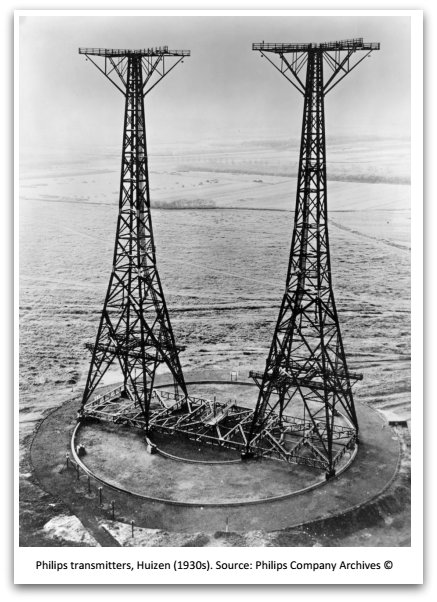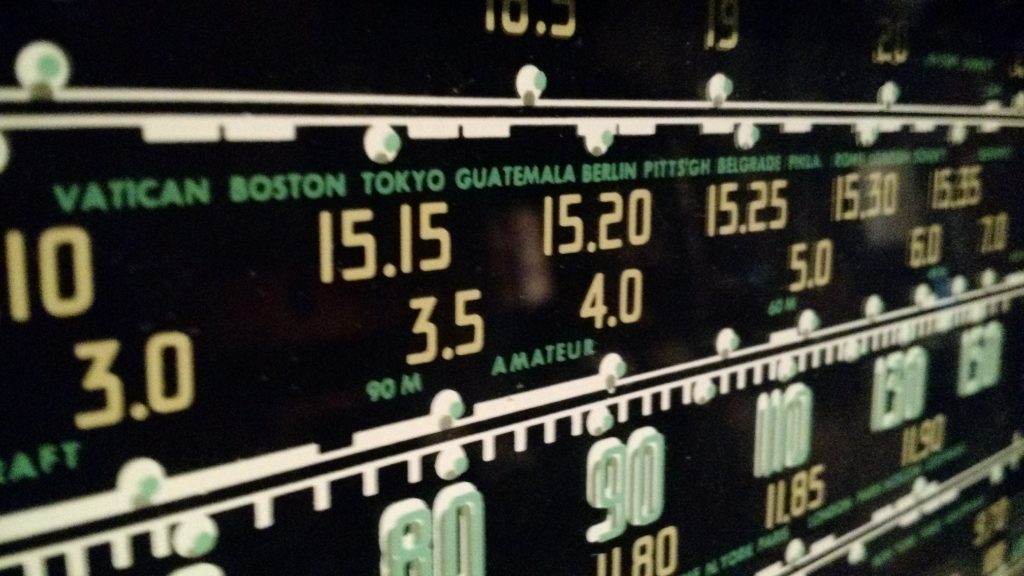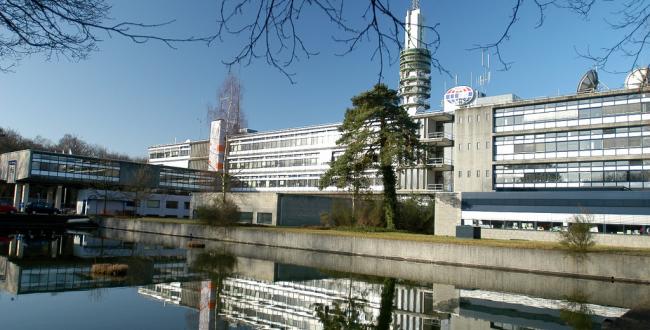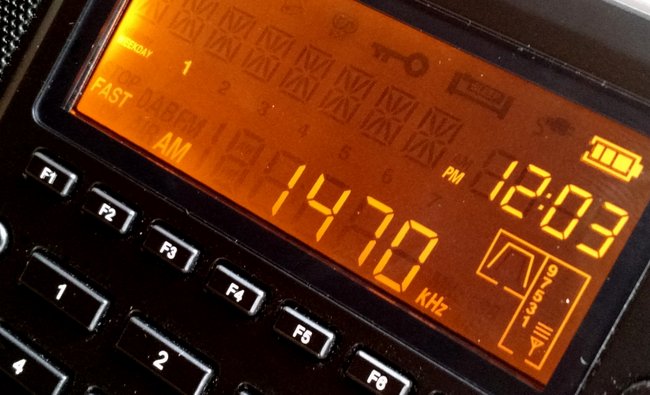Many thanks to SWLing Post contributor, Jonathan Marks, who shares the following details about the ‘Keep in touch with the Dutch’: Symposium marking the ninetieth anniversary of international radio broadcasting in the Netherlands, 1927-2017:
(Source: Historici.nl via Jonathan Marks)

‘Keep in touch with the Dutch’:
Symposium marking the ninetieth anniversary of international radio broadcasting in the Netherlands, 1927-2017
Thursday 1 June 2017, 2-5pm
Doelenzaal, Singel 425 Amsterdam
On 1 June 1927 Queen Wilhelmina officially inaugurated international radio broadcasting from the Netherlands with a speech to listeners in the Dutch colonies. This transmission attracted attention from all over the world as it was one of the first times that sound had been transmitted via radio waves across such a distance. In the decades that followed Dutch radio-makers continued to play a pioneering role in international broadcasting, experimenting with new technologies and programming formats. This symposium aims to highlight several themes from this rich history and explore source-materials in order to think about a research agenda in this field and new broadcasting techniques in the digital age.
Program
- 2.00-2.15pm: Vincent Kuitenbrouwer (University of Amsterdam)
Introduction
- 2.15-2.45pm: Bas Agterberg (Beeld en Geluid)
Everybody Happy? Archiving RNW and the Heritage of Eddy Startz at Sound and Vision
- 2.45-3.00pm: break
- 3.00-3.30pm: Jonathan Marks (CEO Critical Distance)
International Radio Broadcasting in the Era of Amazon Echo
- 3.30-4.00pm: Rocus de Joode (Independent Consultant at JRCC)
The Importance of Shortwave, the Madagascar Relay station Now and Then
- 4.00-4.15pm: break
- 4.15-5.00pm: Panel: International radio in the digital age
– Alec Badenoch (University of Utrecht/Vrije Universiteit): Radio Garden
– Leon Willems and Suzanne Bakker (Free Press Unlimited): Radio Dabanga
- 5.00-6.00pm: drinks reception
Please register
Vincent Kuitenbrouwer, History Department, University of Amsterdam
Email: [email protected]
This symposium is sponsored by the Amsterdam School of Historical Studies (ASH) and the Modern History Research Group
If I lived within a reasonable distance of Amsterdam, I would certainly attend this afternoon symposium. Impressive line-up!
Thank you for sharing, Jonathan!




